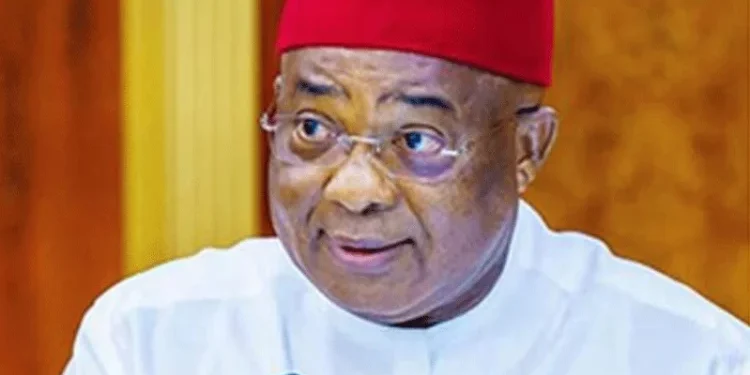Amidst intensifying efforts to eradicate discriminatory caste systems, two more Imo State communities, Amurie Omanze and Oboro Amurie in Isu Local Government Area, have taken a bold step: they will officially abolish the “appalling, disgusting, detestable, repulsive, reprehensible, and repugnant” Osu, Ohu, Ume, and Diala practices on January 4, 2024.
The announcement came in a statement from Mrs. Chinyere Oge-Kalu, Executive Director of Pillars of Hope Africa Initiative (POHAI). She credited the abolishment to years of relentless advocacy by organizations like the National Human Rights Commission, POHAI, G’naira Family Foundation (GFF), and Kemdi Chino Opera Foundation (KCOF).
Oge-Kalu expressed optimism that this move will inspire not only more communities but eventually the entire Imo State and Igboland to do away with these dehumanizing caste systems that stigmatize individuals as slaves or outcasts.
She commended the traditional rulers and people of the Amurie Ancient Kingdom for taking this commendable initiative and setting a precedent for abolishing these harmful practices in Igboland. Oge-Kalu revealed that His Royal Highnesses, Eze C.O Nnajiemere (Eze Udo ii of Amurie Omanze) and HRH, Eze V.O Ahamefule (Durugwoegebu iv, Duruoha 1 of Oboro Amurie), announced the abolishment at the Palace of Peace of Eze Udo ii. This decision, she said, brought immense joy to the sons and daughters of Amurie who longed for such a landmark moment in their history.











